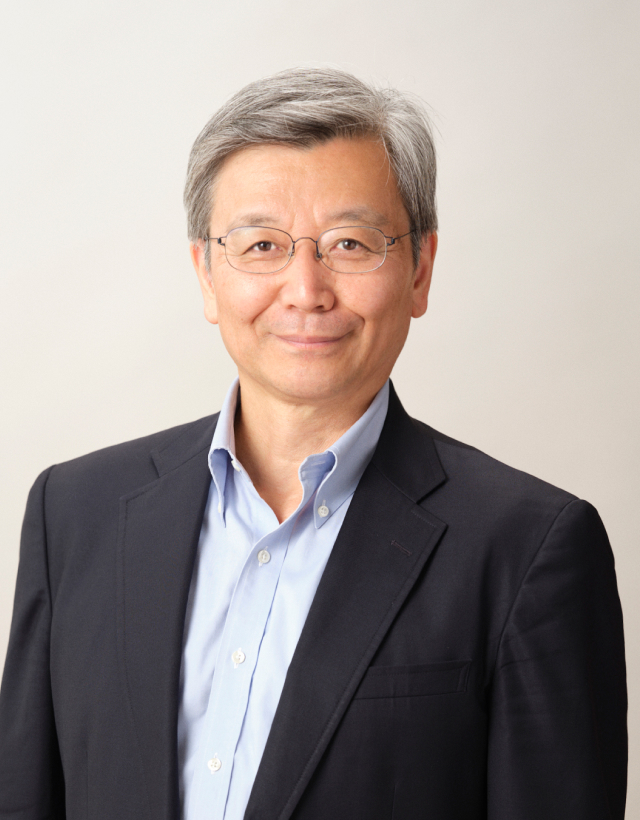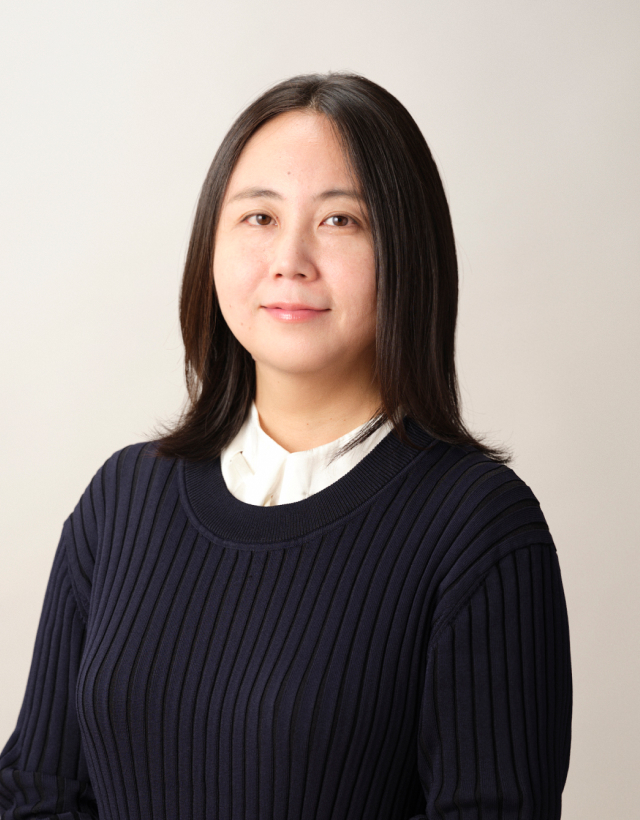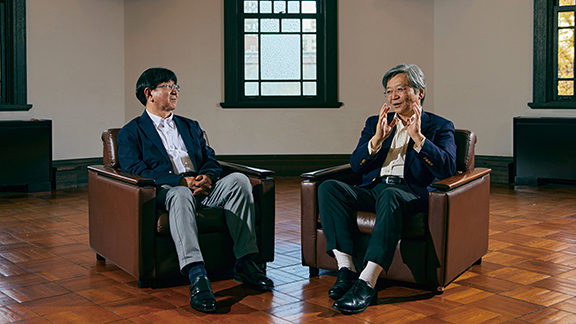About
In recent years, information technology, especially AI (Artificial Intelligence), has been rapidly developing and changing society. With the promotion of mathematical and data science education by the Ministry of Education, Culture, Sports, Science and Technology (MEXT) and Society 5.0 proposed by the Cabinet Office, the field of information mathematics will become even more important in the future, and people trained in information mathematics will be in high demand. The Faculty of Mathematical Informatics is a department that aims to study the movement of information technology from a mathematical standpoint.
New and flexible forms of education such as ICT (Information and Communication Technology) and PBL (Project Based Learning) have been developed and are already being implemented in the field of mathematics and information science. Meiji Gakuin University will adopt this type of education and combine it with the educational methods and content it has cultivated to date to develop even more advanced classes for the new era.
The field of informatics and mathematics, which has high expectations from society, can create opportunities for industry-academia-government collaboration. Taking advantage of Meiji Gakuin University's location, there is potential for a variety of collaborations.
Meiji Gakuin University has so far accumulated significant achievements as a comprehensive university in the humanities. In order to make the most of this asset, the "Center for Interdisciplinary Informatics" will be established to organically link the Faculty of Mathematical Informatics with existing faculties and organizations. This center will serve as a stage for collaboration between the new faculty and existing faculties, as well as a window for industry-academia-government cooperation with outside the university.
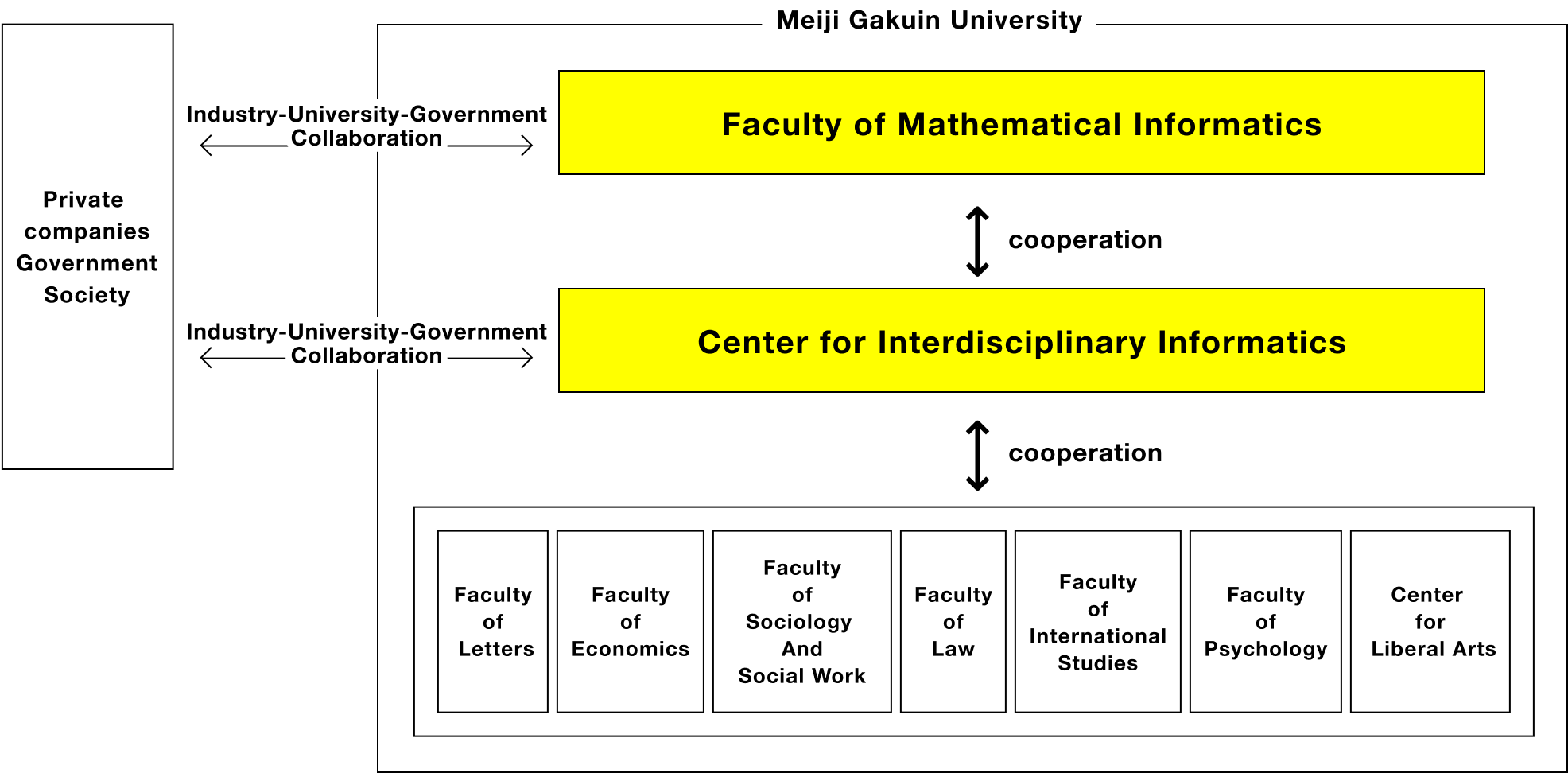
Message
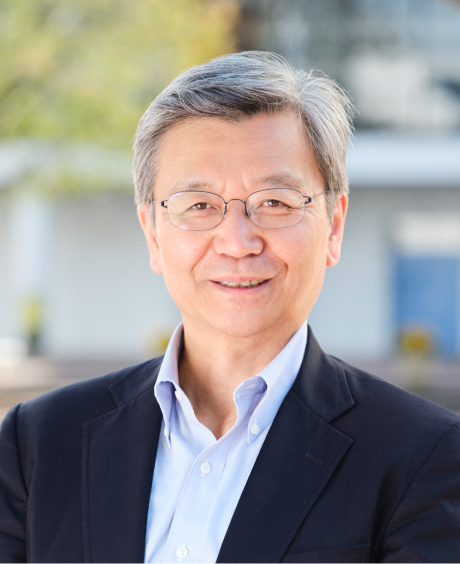
Mathematical Informatics
Hiroshi Imai
Let's work together to create an AI society in which people play a leading role by learning and practicing mathematics and information.
Come learn about the goal of the Faculty of Mathematical Informatics, which will be born in 2024, to "create an AI society in which people play a leading role through the power of information and mathematics. Generative AI has dramatically increased the level of human-machine interaction and is just now having a widespread impact on society. In its realization, machine learning and computational methods that realize AI based on mathematics, information system machines such as quantum computers for high-speed processing, and large amounts of data via the Internet are key. In fact, these have been created from the fundamentals of information and mathematics and realized as information systems, which is exactly what you will learn in the systematic curriculum of the Faculty of Mathematical Informatics, where you will acquire practical skills through Project Based Learning and the ability to become an advanced human resource in AI, information and communication technology (advanced ICT), In society, let's create an AI society in which people play a leading role, in cooperation with our university's more than 160 years of knowledge about humans and society.
Features of Education
Curriculum
Courses in the third and fourth years are classified into "Mathematical and Quantum Information," "AI and Data Science," and "Information Systems and Security," allowing students to choose which field of study to focus on according to their aspirations and career path after graduation.
We provide practical education that enables students to experience the process of problem-solving Project Based Learning (PBL) in the third year, just as it is done in an actual company.
First year
- Basic Mathematics and Exercises information ethics Elementary Programming Meiji Gakuin Common Subjects
-
Featured
Mathematics and Information
The course is an omnibus lecture series featuring full-time faculty members and guest lecturers from outside the university, such as companies, to provide students with a bird's-eye view of the role of mathematics in information science and to help them choose future courses.
Basic Mathematics and Exercises
In order to acquire the mathematical skills that will form the basis of the academic curriculum, basic mathematics education, which also takes into consideration the connection from high school, will be enhanced and thoroughly implemented in first-year education, including seminar courses.
information ethics
In order to realize our educational philosophy of "Do for Others" through the power of information science, we will also focus on ethics education that takes into account the impact of AI on society.
Elementary Programming
In many of the programming-oriented lectures and exercises, students are expected to bring their own PCs to the classroom (BYOD: Bring Your Own Device) for hands-on, practical education.
2nd year
- Fundamentals A (Mathematical Informatics) Fundamentals B (Information Systems) Meiji Gakuin Common Subjects
-
Featured
Basic Subjects A and B
The second-year courses, including required courses, are broadly classified into mathematical and information science courses to provide a curriculum tailored to the characteristics and preferences of students, and to serve as reference for course selection in the third year.
3rd and 4th year
-
Mathematical and Quantum Information Course
- Mathematics of Codes and Cryptography
- information geometry
- Mathematical Modeling
- quantum computing
- Quantum networks, etc.
AI and Data Science Course
- Mathematics of AI and Data Science
- Pattern Recognition and Machine Learning
- natural language processing
- cognitive psychology
- Computational Social Science, etc.
Information Systems and Security Course
- computer system
- Information Security
- Embedded Systems and IoT
- operating system
- Computer graphics, etc.
-
Featured
PBL (3rd year)
While providing practical education that enables students to experience processes as they are conducted in actual companies, the program also offers problem-solving exercise classes that make full use of the mathematical informatics knowledge they have acquired up to that point.
Society and Information (3rd year)
Courses that are conscious of the contact and fusion of information science with the humanities and social sciences, career development courses, etc. will be arranged. Courses offered by other faculties will be actively accepted, and courses will also be offered to other faculties.
Graduation Research (4th year)
Students are assigned to a full-time faculty member's laboratory and compile research results under the guidance of the faculty member.
curriculum tree
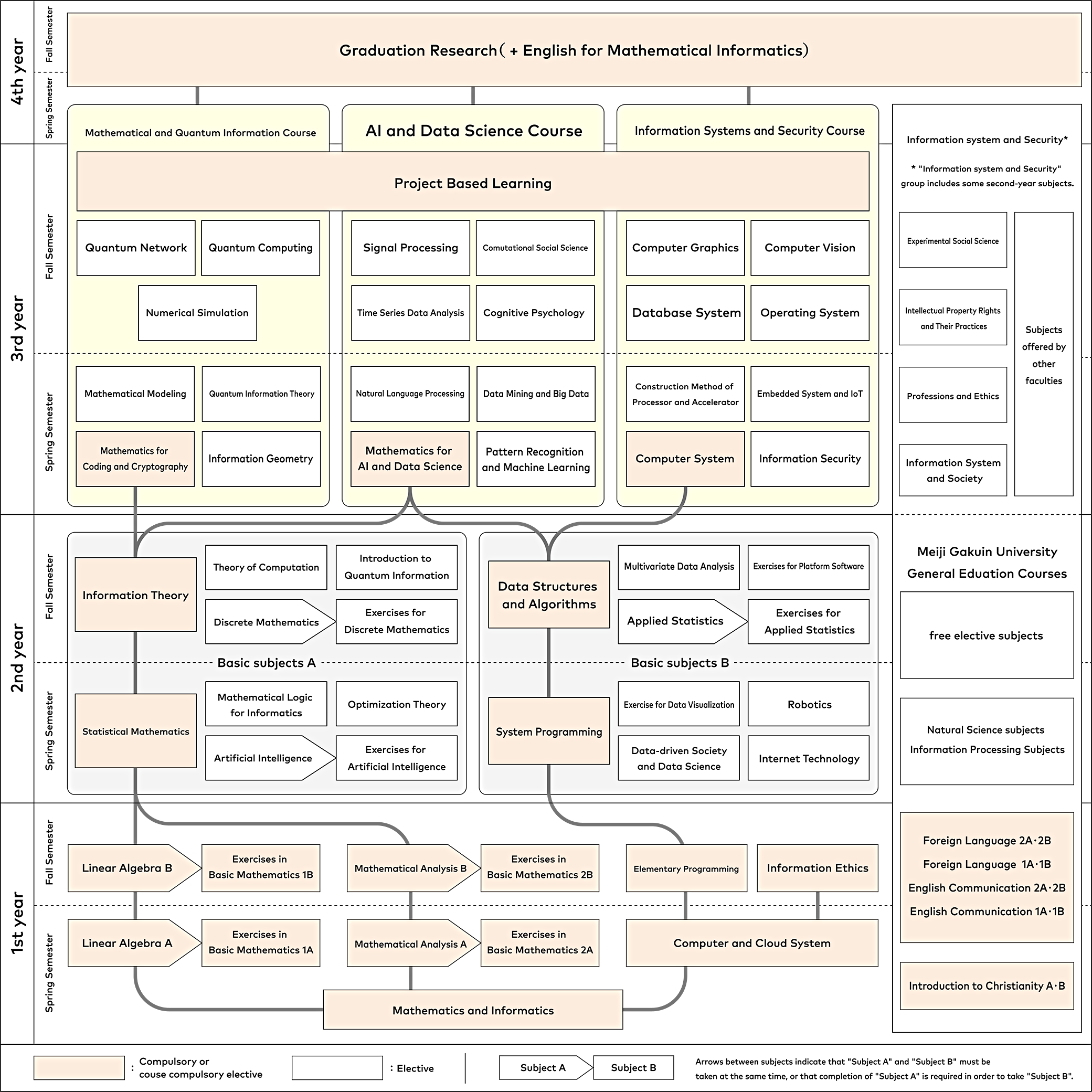
Staff
A list of faculty members is available.
You can also view detailed information such as research fields/research topics/possible graduation research topics.
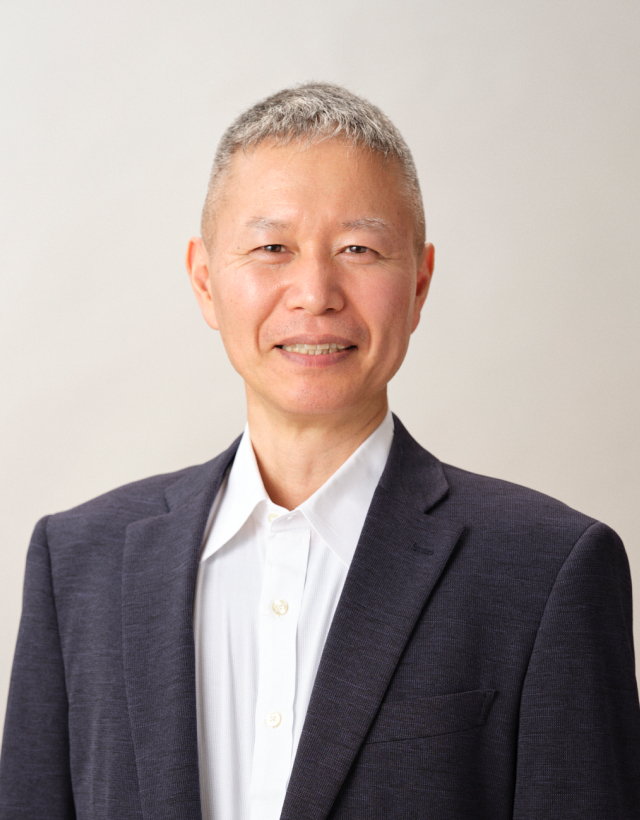
Anada cryptography

Abe human informatics
(human
interface/
interaction)
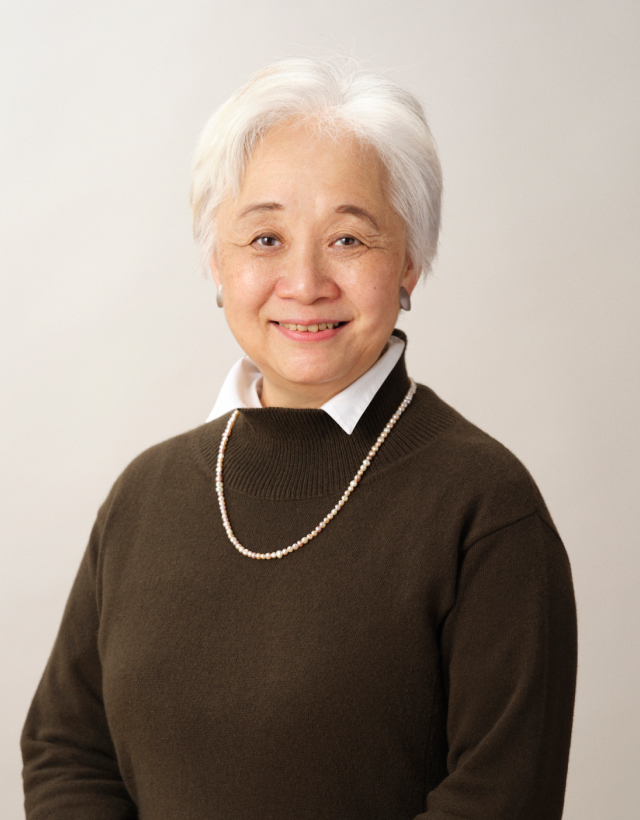
Inaba Algorithms and
architecture
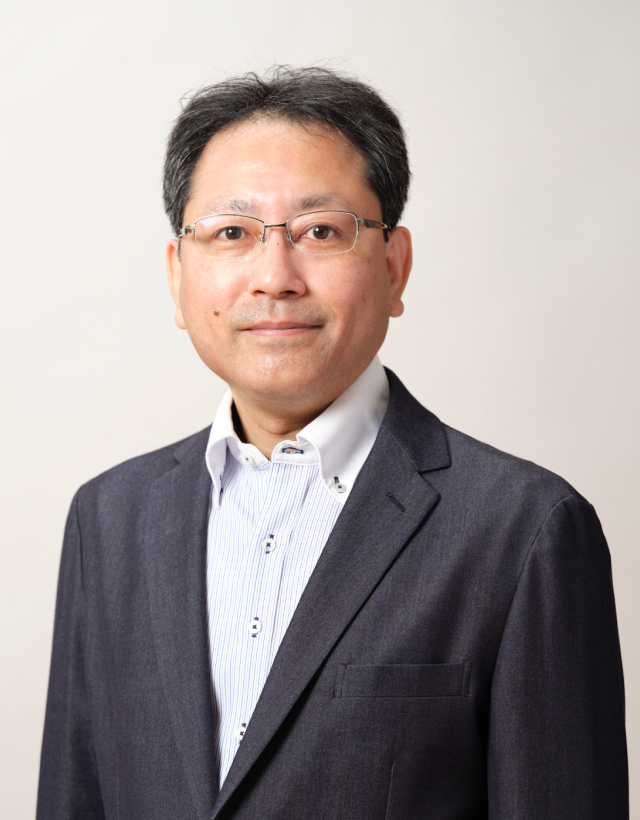
Ohta theoretical physics
(theory of elementary particles)
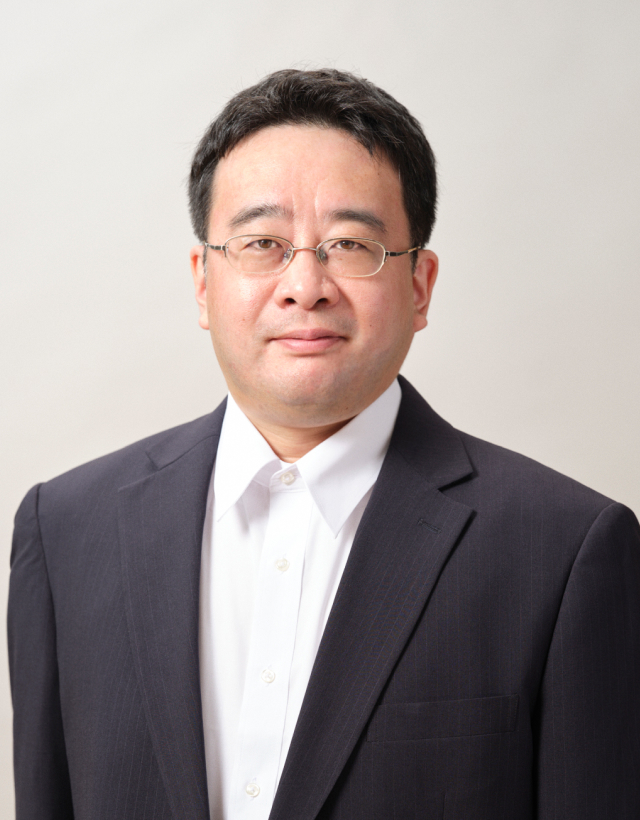
Kadoh particle physics
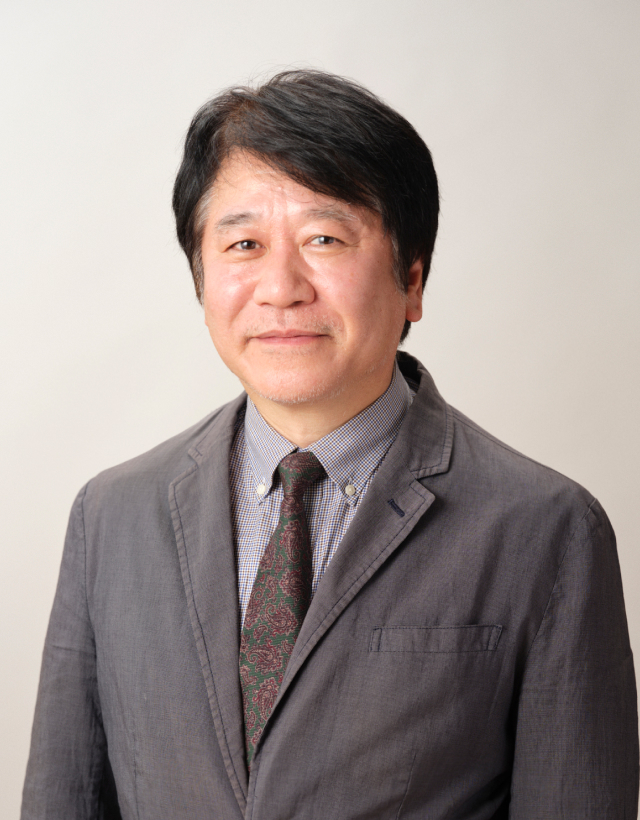
Kameda experimental social science/
Society's decision on what it means/
social psychology
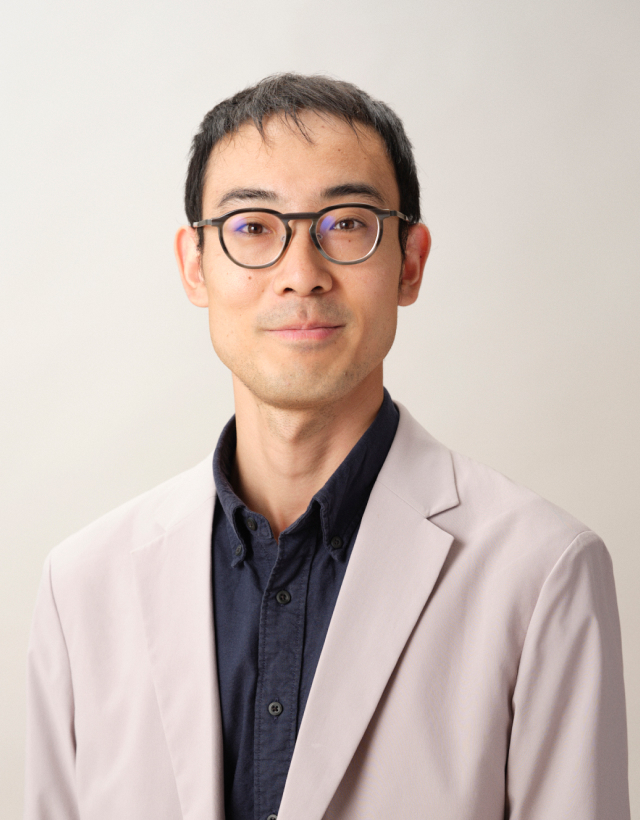
Kawashima number theory
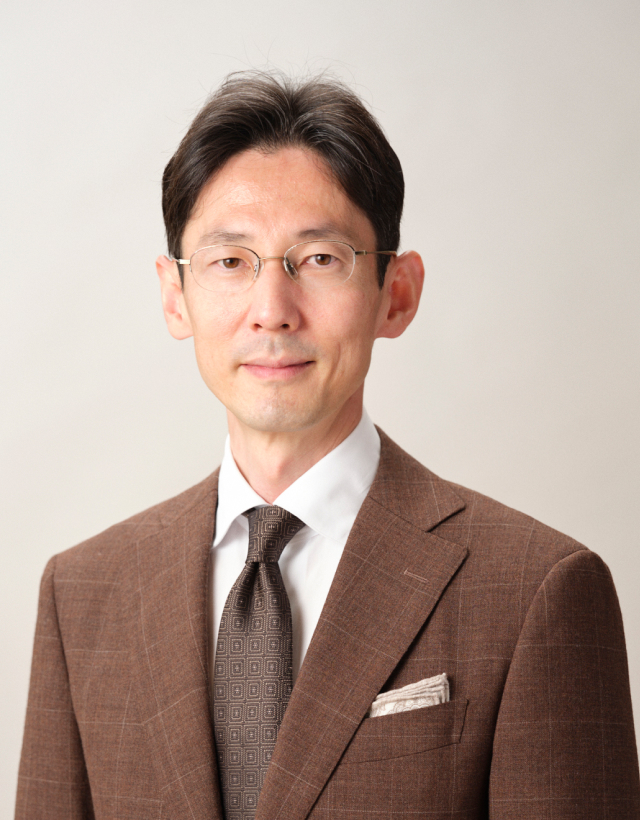
Sakai physics
(particle theory)
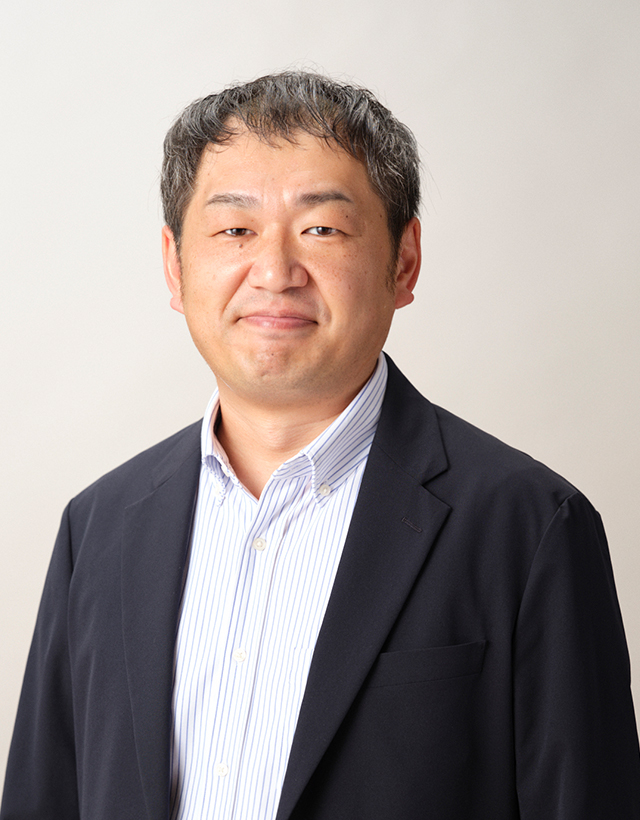
Sasaki Mechanical Learning of Statistics
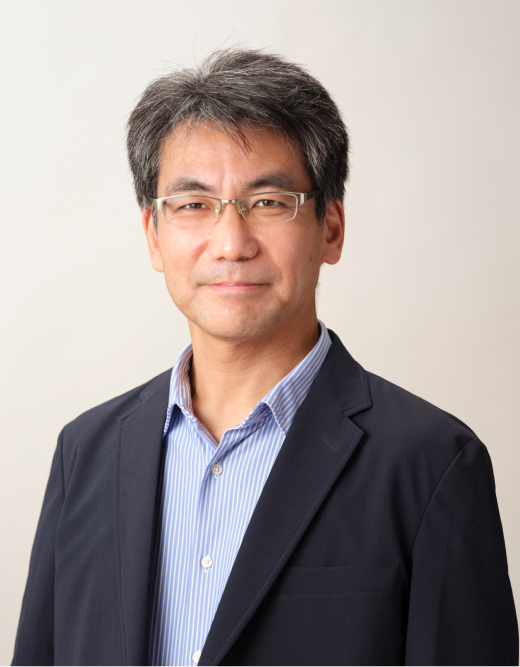
Nagata Artificial intelligence (machine learning)/
image analysis
(Particularly facial image analysis.)、
image recognition、
image generation
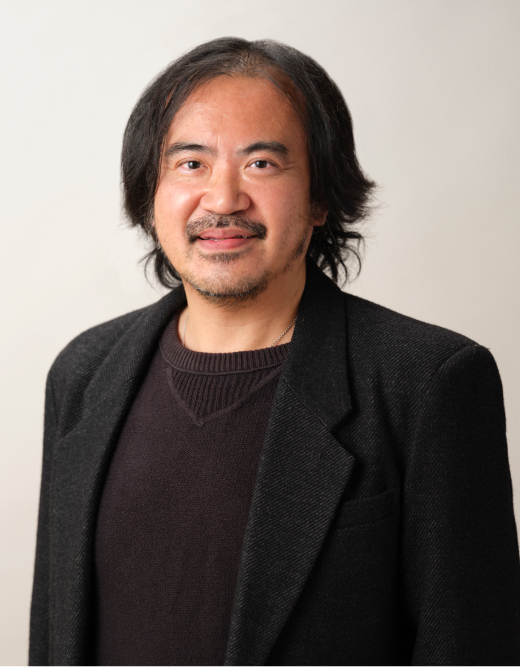
Miyadera quantum information theory/
quantum fundamentalism/
mathematical physics
Anticipated post-graduation career path
Through their studies in the department, students will acquire the mathematical understanding and knowledge necessary for the utilization of advanced ICT, which will enable them to expand their fields of activity to the various occupations required in the near future, when humans and AI will coexist at a high level.
- course
- Mathematical and Quantum Information
To acquire the ability to apply and solve problems based on mathematical understanding, and to cultivate the ability to be involved in international research and development in cutting-edge fields such as quantum information. Students are expected to become researchers, engineers, consultants, etc. at universities and companies.
- course
- AI and Data Science
The program is designed to develop students' understanding and skills in AI and data science, which are the basis of advanced ICT, and to cultivate their ability to work in a wide range of occupations while integrating them with various academic fields.
- course
- Information Systems & Security
Cultivate the ability to utilize technologies related to information systems and information security while maintaining a mathematical understanding and high ethical standards in information science. We envision students to become programmers, system engineers, and security engineers.
FAQ
Frequently asked questions about the School of Information and Mathematical Sciences.
The Department of Mathematical Informatics aims to provide education focusing on the mathematics and basic sciences that form the foundation of AI and data science technologies. In particular, one of the features of the curriculum is the incorporation of advanced future technologies, such as quantum computers, from the conceptual stage. The department also focuses on the design of information systems and information security that support advanced information and communication technology (advanced ICT), as well as distinctive PBL and information ethics education that is connected to the educational philosophy of the university.
We are working on a plan to establish a Graduate School of Mathematical Informatics (tentative name) in April 2027. Please see here
Many courses, including programming, are conducted in a "hands-on" format, in which students use their own computers to check class content on the spot. Students will need to prepare their own laptop computer at the time of enrollment, as they will be required to carry their own laptop at all times to classes. Information on required computer specifications, recommended models, and necessary application software will be provided by the time of enrollment through the department and the University Co-op.
Tuition and Scholarships
| matriculation fee | 200,000 |
|---|---|
| tuition fee | 1,020,000 |
| facility expenses | 175,000 |
| cost of equipment | 100,000 |
| educational enrichment and maintenance fee | 143,500 |
| Other Expenses ※1 | 29,090 |
| First year Total amount ※2 | 1,667,590 |
| Amount to be paid at the time of admission | 942,540 |
(Unit: Yen)
※1 Other expenses include fees for language examinations, guarantor association fees, extracurricular activity fees, and student accident insurance. After enrollment, depending on the subjects and classes you take, you may be charged laboratory fees, textbook fees, and other fees in addition to the above amounts.
※2 The amount to be paid has changed from the original plan.
For other scholarships, please click here.
entrance examination
Please be sure to check the Admission Test Guidelines before applying.
campus life
The commuting campus is Yokohama Campus.
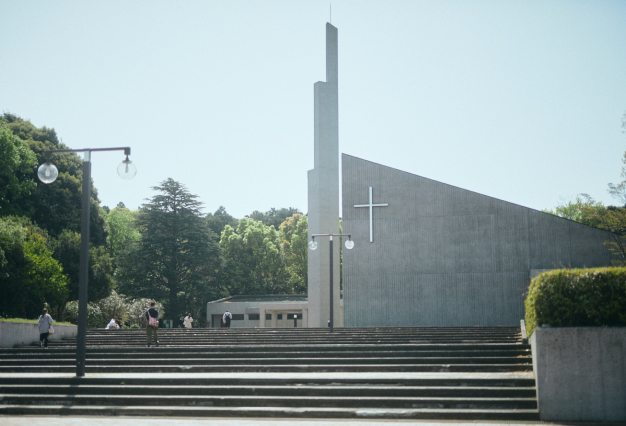

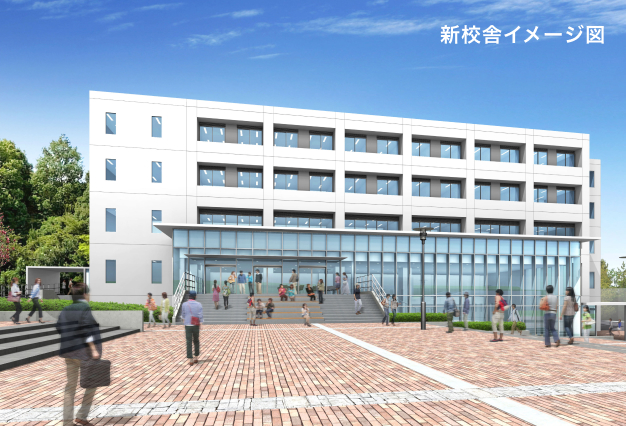
Access from major stations
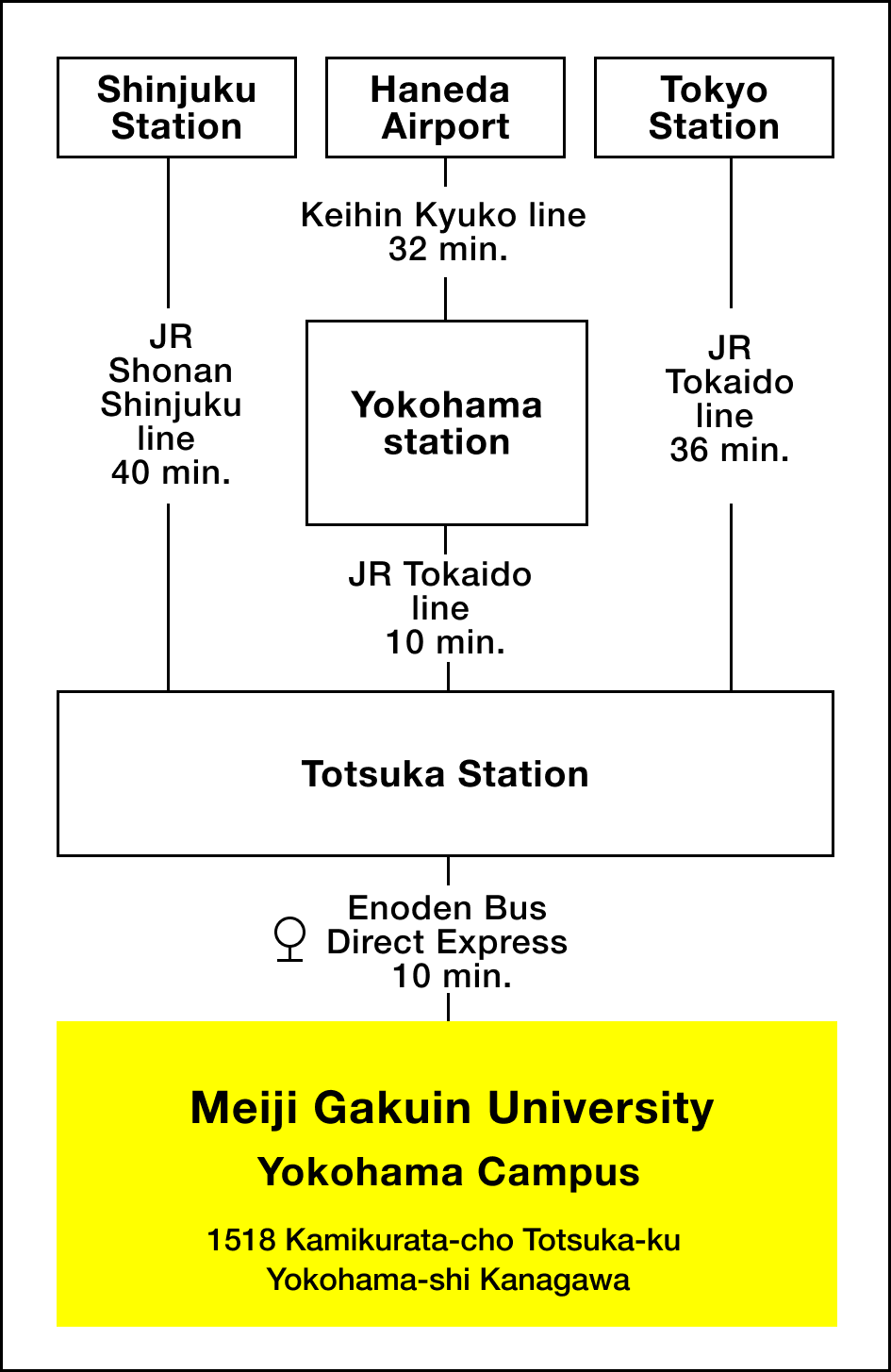
Take the Enoden bus bound for "Meiji Gakuin University South Gate" from the express bus lane of the East Exit Bus Terminal at JR Totsuka Station or Yokohama Municipal Subway Totsuka Station and get off at the last stop, "Meiji Gakuin University South Gate" (10-minute ride).
※The 360° campus view will be posted as of FY2020.
Dialogue Series
Positions and affiliations are current at the time of the interview.
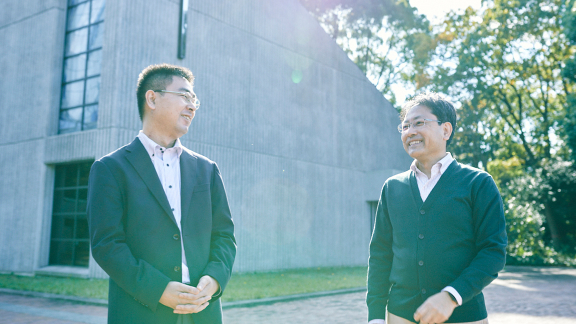 Mr. Irie (Denso) ・ Prof. Ota ed.
Mr. Irie (Denso) ・ Prof. Ota ed. Dialogue Series Vol.2 A future is coming that not even Einstein could have imagined. ― The world of "information" changed by quantum mechanics. From there, the Faculty of Information and Mathematical Sciences learns from a future perspective.
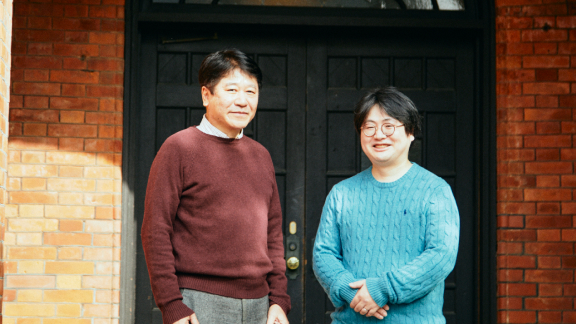 Prof. Kameda and Associate Prof. Inukai, eds.
Prof. Kameda and Associate Prof. Inukai, eds. Dialogue Series Vol.3 Updating the humanities and social sciences with the power of information mathematics! ― Information mathematics is a communication and hub that connects disciplines and people.
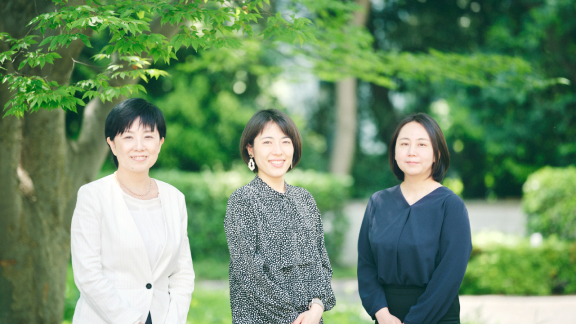 Female Researchers Edition
Female Researchers Edition Dialogue Series Vol.4 A background in informatics and mathematics is the foundation of all science. ― Great Expectations for Integration with Diverse Fields
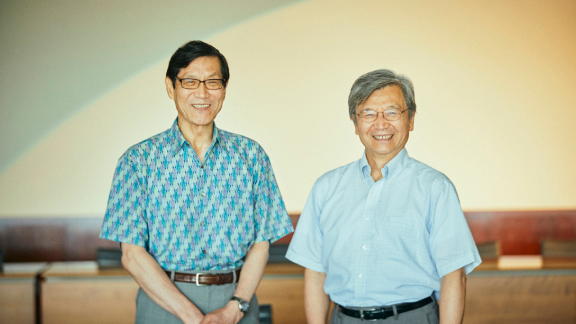 President Murata and Professor Imai, eds.
President Murata and Professor Imai, eds.Dialogue Series Vol.5 The Power of Information Mathematics to Open the Door to a New World ― Learning without boundaries of literature, science, or gender
Contact
Public Relations Division, Office of the President


